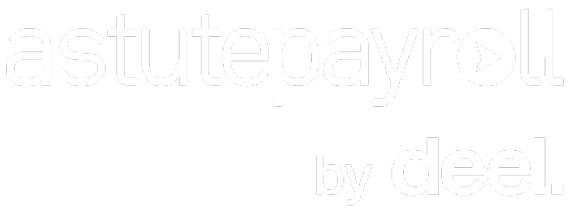What are YMYL Pages?
YMYL stands for “Your Money or Your Life,” and it’s a term that Google use in its guidelines for quality evaluators to categorise web pages that can significantly impact a person’s happiness, health, financial stability, or safety.
Examples of YMYL pages include:
- Medical Information: These are websites that provide health advice, talk about medical conditions, treatments, or medications. Misinformation in this area can lead to serious health consequences.
- Financial Advice: Pages that discuss investment strategies, loans, or financial planning. Poor advice can result in financial losses or misinformed decisions.
- Legal Information: Content related to legal rights, responsibilities, or specific legal advice. Incorrect information could lead to legal issues.
- News and Current Events: Articles covering important news events can shape public opinion and beliefs. Misinformation here can lead to confusion and mistrust.
- Shopping Pages: E-commerce sites that allow users to make purchases can also fall under this category, as they directly impact financial decisions.
- Other: This is a broad category that deals with advice, fitness, general finances, housing and more.
Why are YMYL Pages Significant?
Ultimately, these are pages that have the potential to negatively impact a user. Poor resources that lack reliable information or provide incorrect details can lead to serious consequences, such as health risks, financial losses, or legal issues.
For example, if someone seeks medical advice and stumbles upon an unreliable source, they might make decisions based on false information, endangering their health.
Additionally, given their potential to significantly affect a user’s well-being, these pages are held to higher standards. Search engines like Google want to ensure that the information they provide is accurate and trustworthy, especially when it comes to topics that affect important areas of our lives
So, to get these pages to rank, the content must not only be high-quality but also well-researched, credible, and comprehensive. Citing reputable sources to support claims is also important. It helps build trust with readers and shows that the content is reliable. When creators focus on providing high-quality (EEAT), accurate information, they not only improve their chances of ranking higher in search results but other websites are more likely to cite and link to this content, further building trust and authority.










